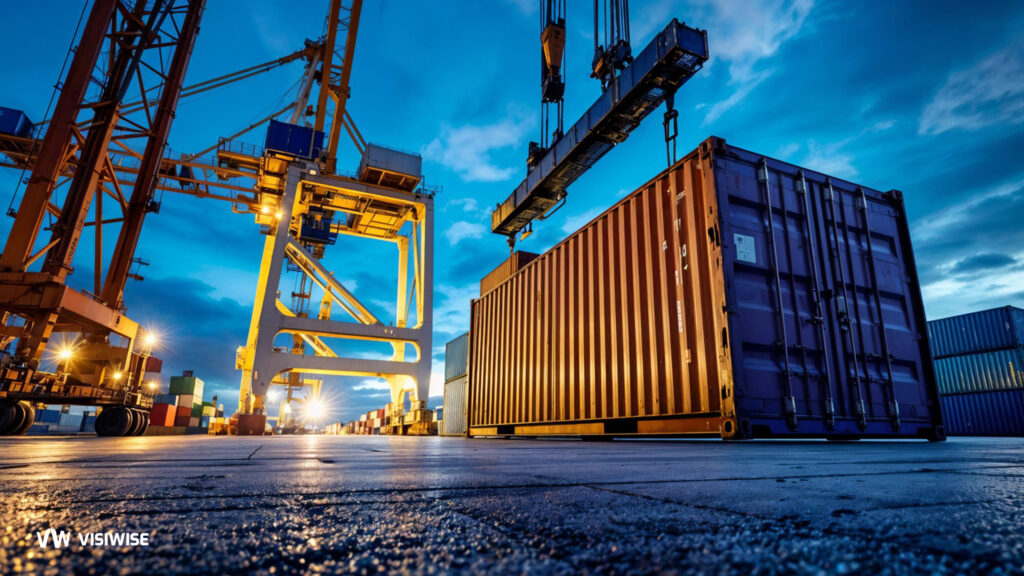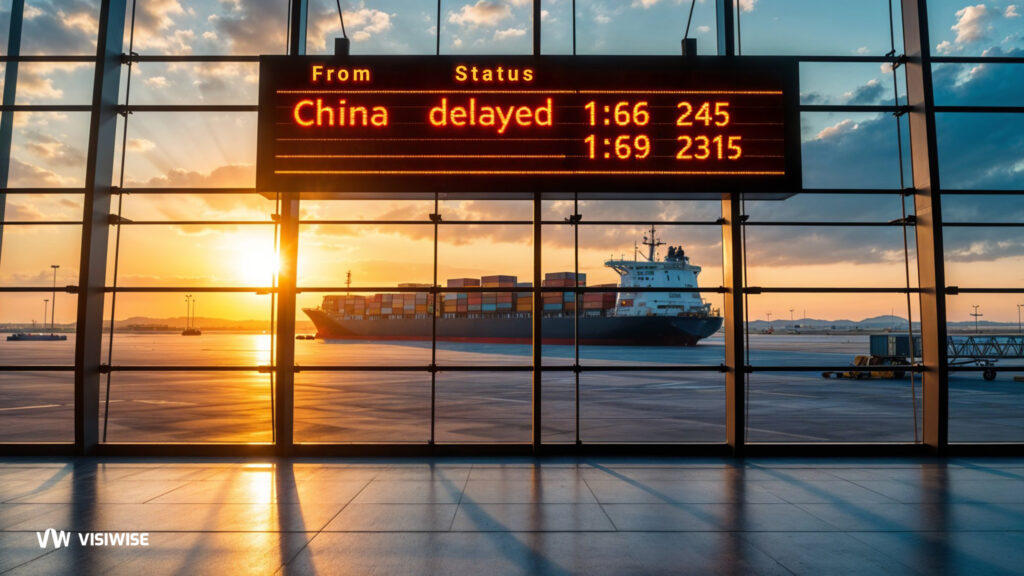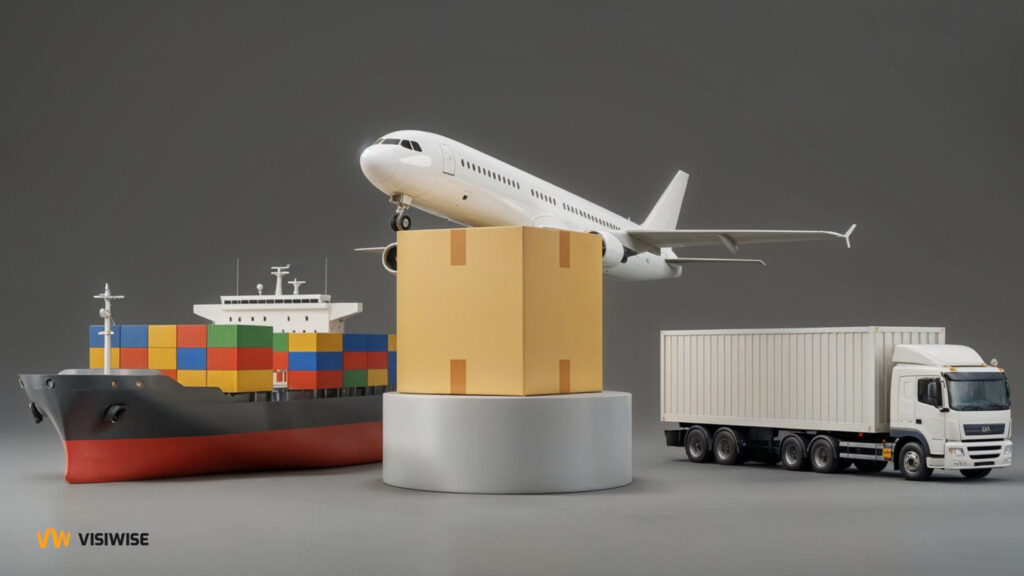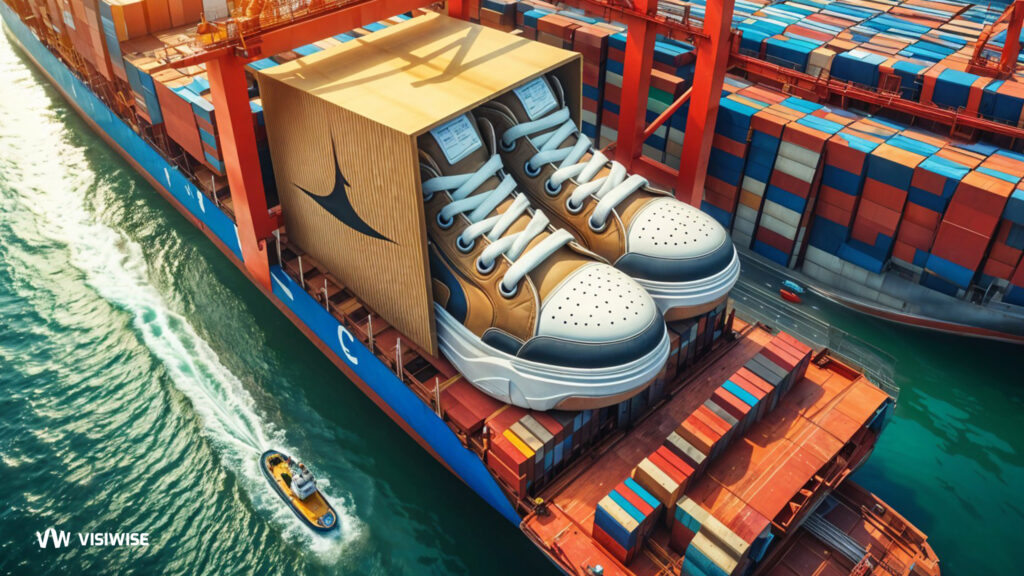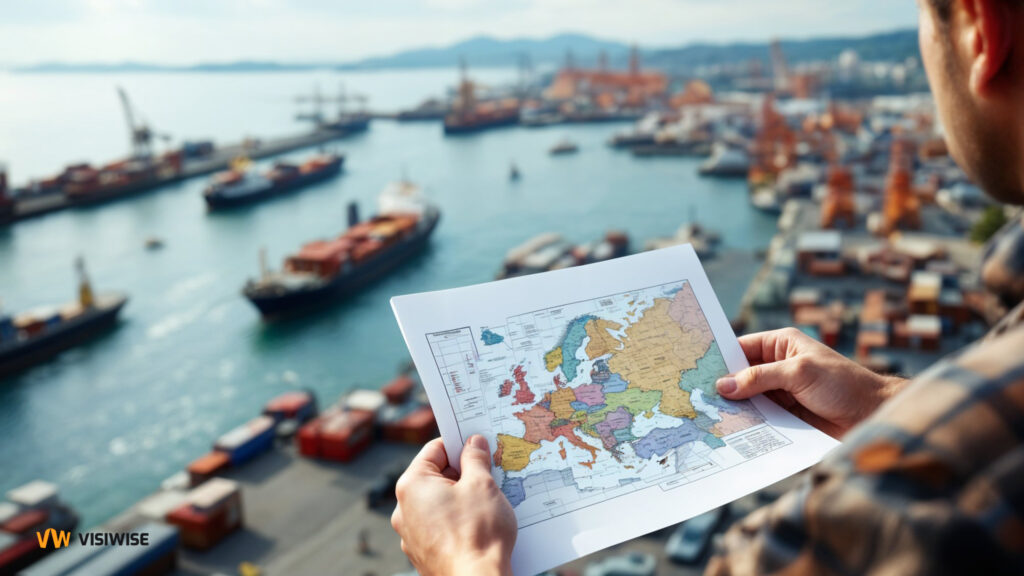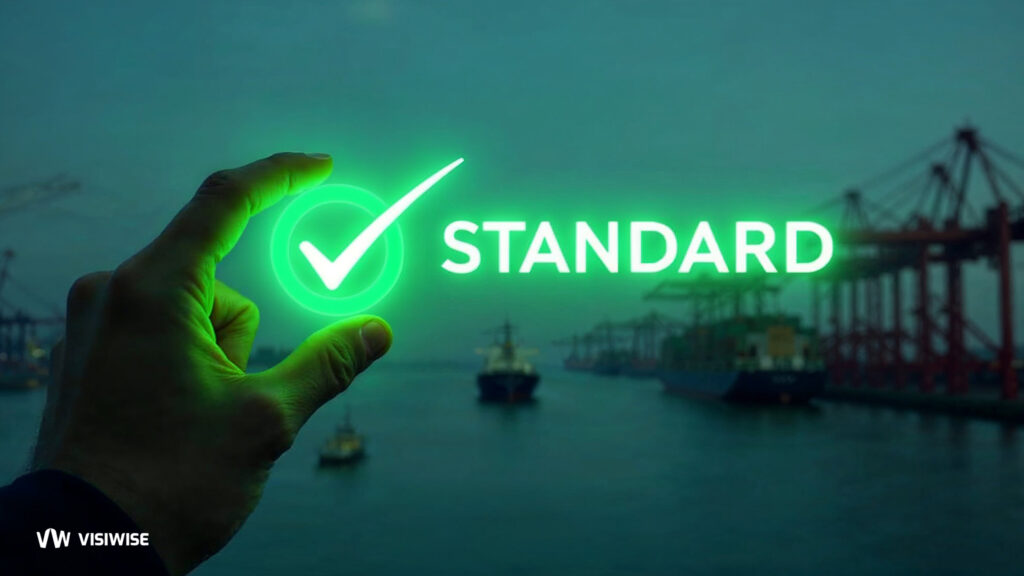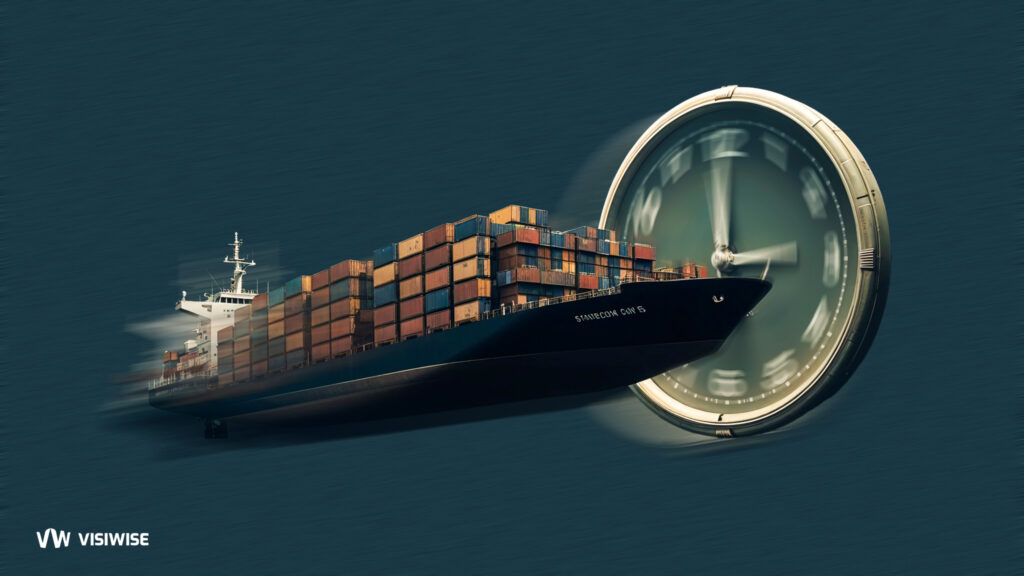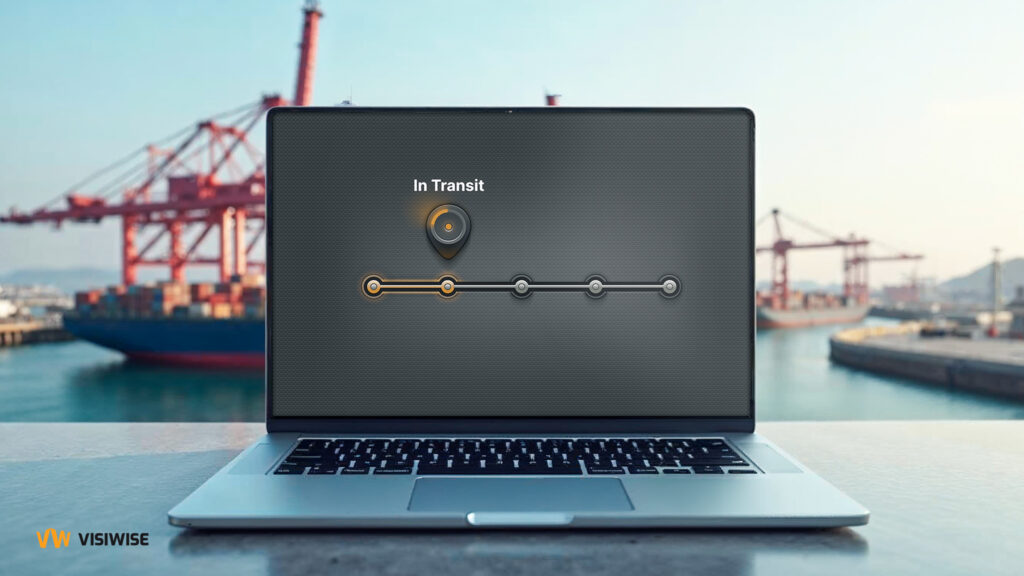This comprehensive container shipping guide covers every important step along the journey, from booking to final-mile delivery.
Trade Guide
How American Tariffs Will Affect Canada
The new U.S. administration is contemplating wide-ranging import tariffs, which could massively knock the Canadian and U.S. economies off kilter.
President Donald Trump has imposed a 25 percent tariff on goods from Canada and Mexico, and tariffs on imports from other countries. Such actions could prompt retaliatory steps from trading partners.
.
Why Do Packages from China Take So Long? An In-Depth Analysis of Shipping Delays
Discover why shipments from China take time and how to reduce delays. Learn about shipping methods, customs, policies, and logistics to manage expectations
How To Start a Freight Forwarder Business?
Learn how to start a freight forwarding business with our step-by-step guide on licensing, industry insights, and market growth opportunities.
How Much Does It Cost to Ship a Pair of Shoes?
in this article, we’re going to show you the important aspects of shoe shipping. Such as maximum weight, shipping couriers, express delivery, estimated costs, using your own box, domestic delivery, and courier services.
The Busiest Port in Europe: A Hub of Trade and Commerce
Effective maritime transport services are essential for maintaining a good quality of life on Europe’s islands and in its peripheral maritime regions. Over 400 million passengers embark and disembark across European ports each year. Maritime industries are a significant source of employment and income for the European economy.
What Is Standard Shipping?
In this blog, we will explore the ins and outs of standard shipping and provide you with tips on how to offer it effectively.
What Does Expedited Shipping Mean?
Expedited shipping is any service that gets your package delivered faster than usual. But how do you action it in your business? What are the main things you need to focus on to satisfy the customers? Read on for all you need to know.
Decoding ‘In Transit’ Status: What It Means for Your Shipments
When an item is described as “in transit,” it’s part way delivery to its final destination. Basically, it’s going through the shipping process, usually moving among distribution centers. After the package has been dispatched and processed at the carrier’s first facility, they arrive at this stage as part of the standard delivery process.
Top 10 Real-Time Logistics Visibility Platforms to Optimize Your Supply Chain in 2025
Supply chain visibility platform is a digital tool that gives real time insights into the movement of goods and resources. By collecting data from sources including GPS tracking, IoT devices, and transportation management systems, it helps businesses monitor products at every level—from manufacturing to delivery.
Supply chain visibility is key in identifying issues affecting supply and finding solutions for those issues, making supply chain visibility platforms a must have in any company’s supply chain strategy. Visibility in modern supply chains can only be created, tracked, and leveraged using advanced digital technology platforms.
